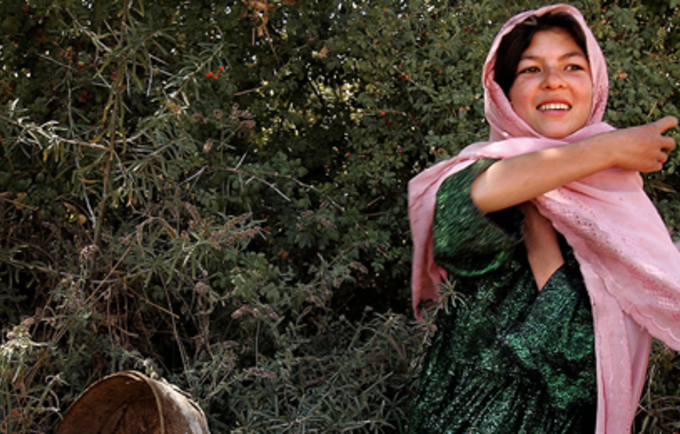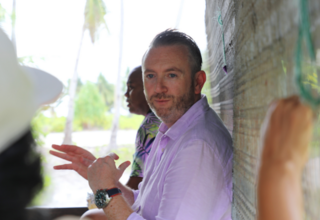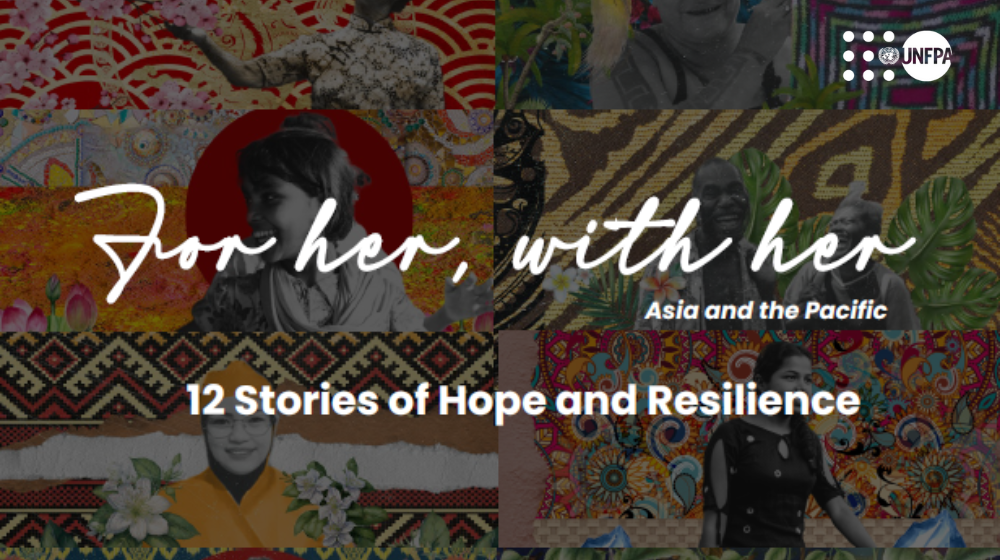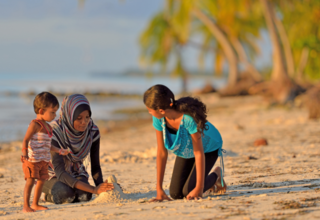Child marriage and early motherhood can severely curtail educational and employment opportunities for adolescent girls and young women, while threatening their survival and well-being.
Gender-based violence is endemic in the region. Women and girls are frequently subjected to all forms of violence and abuse. There is a lack of adequate data to inform policy and programme interventions, and insufficient monitoring to address impunity and provide protection. During conflicts and natural disasters, social structures are further destabilized, leaving many women and girls vulnerable to increased sexual violence, exploitative labour and trafficking.
UNFPA works in close partnership with Governments, other UN agencies and civil society networks to address violence against women and girls by strengthening national capacities to gather evidence to guide policy and programme responses, and to deal with it as a public health issue by making a wide range of services, including counselling and safe spaces, available for victims and survivors.
UNFPA has consistently promoted gender equality and the rights of women and adolescent girls through evidence-based advocacy and policy dialogue with government officials, civil society organizations, and community and religious leaders to ensure that these perspectives are integrated into national policies, development frameworks and laws.
Additionally, the Fund has fostered an enabling environment for rights-based and gender-sensitive approaches, working with men and boys as change agents to prevent gender-based violence, and working to eliminate gender discrimination and harmful practices such as child marriage and son preference.




